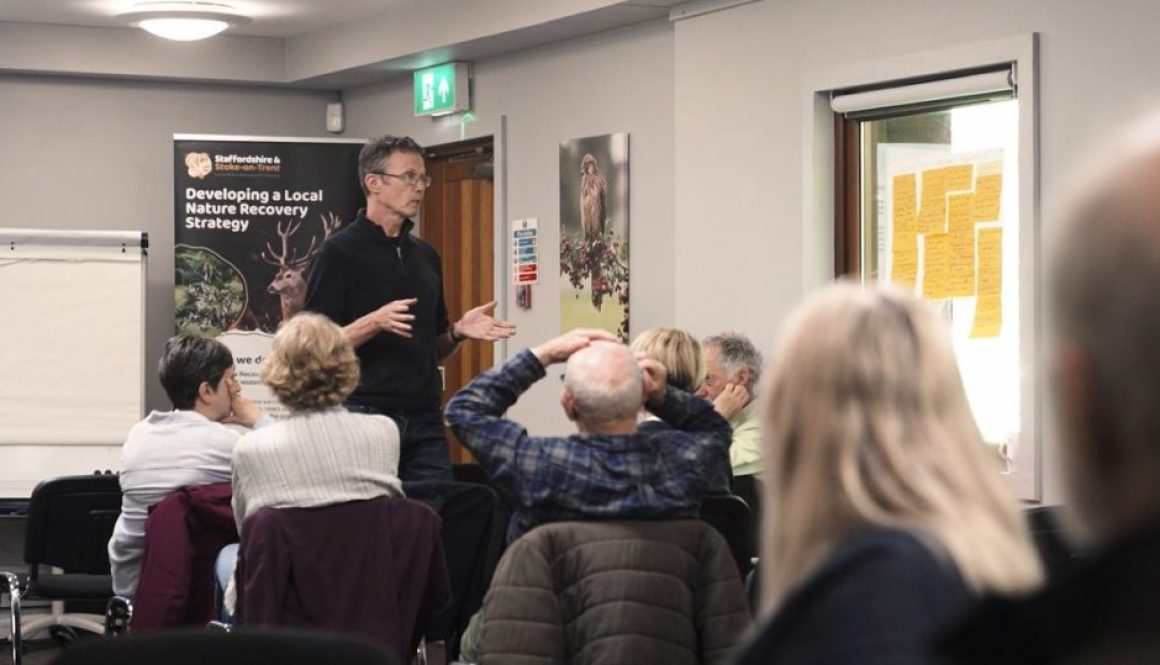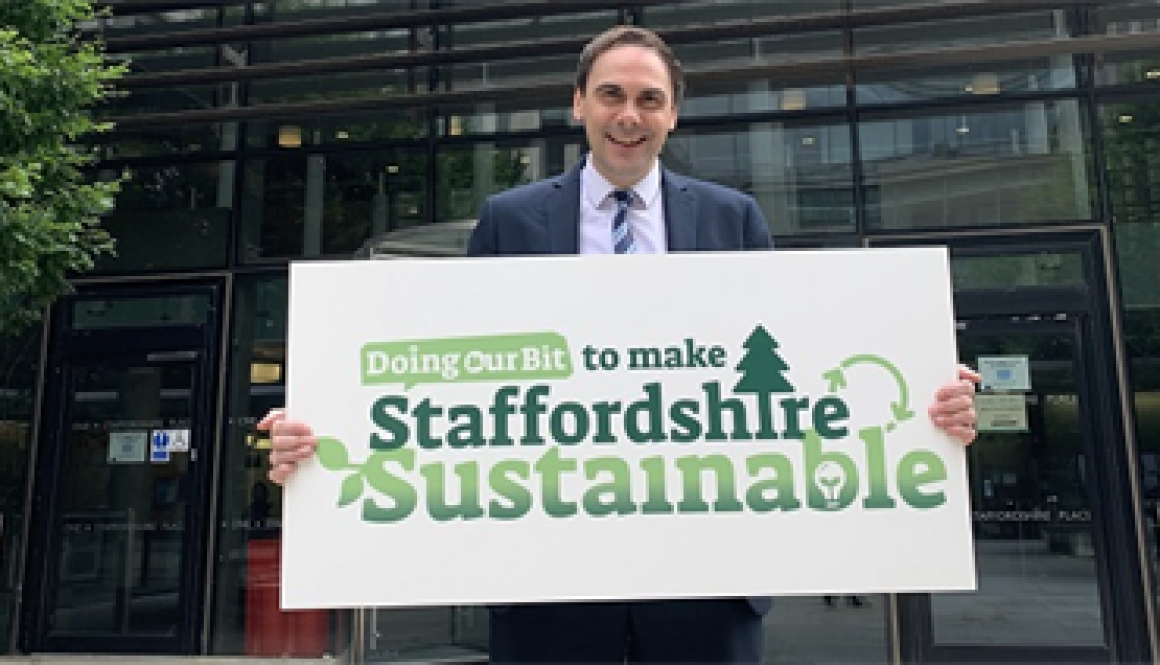A new long-term strategy to recover, protect and enhance Staffordshire’s nature and wildlife took its first steps following a meeting of key organisations this week.
Led by county council, the Local Nature Recovery Strategy (LNRS) for Staffordshire and Stoke-on-Trent will set out priorities identified by the partnership to drive a coordinated action plan. This will support the recovery of natural habitats and species.
As Staffordshire started work on its own plans for nature recovery this week, international delegates gathered in Montreal to negotiate global targets for biodiversity at COP15.
In 2021, the Environment Act became law and created a duty to local areas to develop their own strategies. Last February the county council made a nature recovery declaration – making its commitment to the process.
With wildlife and natural habitats threatened across the UK, biodiversity is declining faster than at any time before. Climate change is a contributor to this, but nature recovery can help in the fight against this too.
On Monday, delegates from organisations across the county gathered at the headquarters of Staffordshire Wildlife Trust at Wolseley Bridge near Stafford to begin to plan the development of the strategy. Organisations included the wildlife trust, Natural England, Stoke-on-Trent City Council, district and borough councils, the National Farmers Union, RSPB, Environment Agency, Staffordshire University, voluntary sector bodies and others.
While Staffordshire formulates its strategy, the Department for the Environment, Food and Rural Affairs (Defra) is drawing up regulations, guidance and resourcing for all lead authorities.
Staffordshire County Council’s cabinet member for environment, infrastructure and climate change Simon Tagg said:
“It is vital that we act now to recover and protect wildlife and nature and halt the decline of biodiversity in Staffordshire, playing our part in the UK-wide effort.
“This protection and enhancement goes hand in hand with our commitment to tackle climate change. It’s been fantastic to see so many organisations represented at our inaugural LNRS event, enabling us to ensure we are on the front foot and ready to implement our strategy straight away.
“As with any strategy of this kind, the key to its success will be collaboration – developing common goals we can all get behind. There will be challenges with many competing priorities. We can only address these by working together and building understanding.
“While we wait for that guidance from central government, we wanted to start the process in Staffordshire so that we’re prepared to take this important work forward.”
Dave Cadman, Staffordshire Wildlife Trust’s head of nature recovery networks, said:
“The introduction of Local Nature Recovery Strategies across the county is a positive step. It will hopefully result in more and better-connected space for nature. We have extensive knowledge of Staffordshire’s wildlife and wild spaces, which we will use to help develop the strategy.
“Using the Staffordshire Ecological Record’s database of maps and species information we can evidence the most valuable areas for wildlife. This will also allow us to suggest suitable places for new habitat creation and improvements for wildlife.
“We’re excited to see the strategy develop. We hope it will go some way to helping achieve wider environmental objectives, such as carbon storage and managing flood risk.”


